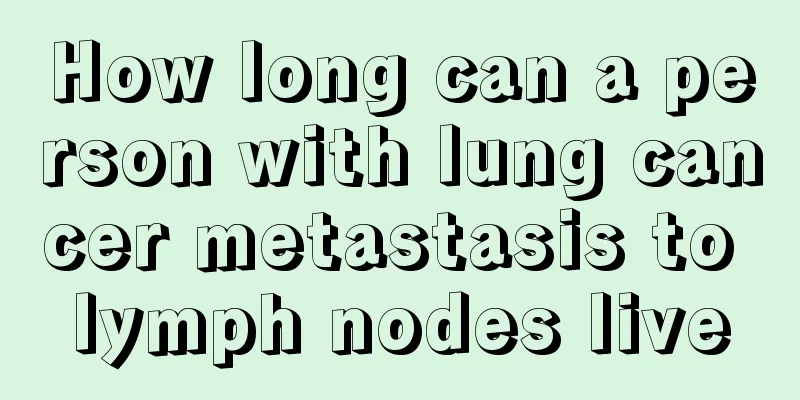Why do cells gradually become senescent?

|
Cells are the basic units that make up our body. Cells change as we age and enter the aging period. A question we often ask is, at what stage do cells age? We usually always want to find better answers to these questions. Next, I will explain to you why cells age, so that you can learn more about issues such as the biosphere and not be troubled by it. Since the 1990s, significant progress has been made in the research on the mechanisms of cellular aging. Scientists have proposed many hypotheses, and the ones that are currently generally accepted are the free radical theory and the telomere theory. Free Radical Theory We usually call abnormally active charged molecules or genes free radicals. Free radicals contain unpaired electrons and are highly reactive. In life activities, Cells are constantly undergoing various oxidation reactions, in which free radicals are easily produced. In addition, radiation and invasion of harmful substances can also stimulate cells to produce free radicals. For example, water produces free radicals when exposed to ionizing radiation. Once generated, free radicals attack and destroy various biological molecules within cells that perform normal functions. What is most serious is that when free radicals attack the phospholipid molecules that are components of biological membranes, the products are also free radicals. These newly generated free radicals will attack other molecules, thereby triggering an avalanche reaction that causes considerable damage to the biofilm. In addition, free radicals can attack DNA and may cause gene mutations; Attacks proteins, causing protein activity to decrease and leading to cell aging. Telomere theory: There is a special sequence of DNA at both ends of each chromosome, called telomere. Telomere DNA sequences shorten after each cell division. As the number of cell divisions increases, the truncated part will gradually extend inward. After the telomere DNA sequence is "truncated", the inner part of the telomere The DNA sequence of normal genes will be damaged, resulting in the cell function becoming abnormal. This is the reason for cell aging. Have you understood it through the above content? When we encounter such problems, we should solve the doubts in our minds as soon as possible. Cells can only be observed through a microscope, and they are very small. To put it more directly, cell aging means the end of life, which can be divided into acute and chronic, so this is the cause of cell aging. |
<<: Are probiotics effective in regulating the intestines?
>>: What are some good ways to deal with a fish bone stuck in your throat?
Recommend
How to preserve dried fruits in summer
Dried fruits should be some common snacks in ever...
Two aspects to effectively prevent liver cancer Four groups of people should pay attention to preventing liver cancer
Primary liver cancer (hereinafter referred to as ...
Does the darkening of the ovulation test paper mean pregnancy?
Ovulation test strips are a type of test strip th...
Nursing rounds for cervical spondylosis
Although the rapid development of science and tec...
What are the symptoms and characteristics of lung cancer
What are the symptoms and characteristics of lung...
Don’t worry about sore throat, these tips can help you relieve it
When the weather is cold in winter, many people o...
How to preserve crabs?
Crabs are delicious and nutritious. Many people l...
What is undifferentiated arthritis
If you ask me what undifferentiated arthritis is,...
How long does it take to sweat steam?
The time for sweat steaming is also very critical...
What are the dangers of heating knee pads
In life, many middle-aged and elderly women will ...
Medicinal Diet Therapy for Blood Stasis Type Esophageal Cancer
Traditional Chinese medicine believes that the ca...
Causes of gum recession, 5 reasons to be vigilant
Many adults suffer from gingival atrophy, but it ...
How to remove a mole on the lips?
Some friends think that moles on their lips will ...
What's wrong with the pain in the sole of my foot
Unexpected disease problems may occur in every pa...
What is the best treatment for bile duct cancer
What is the best treatment for bile duct cancer? ...









